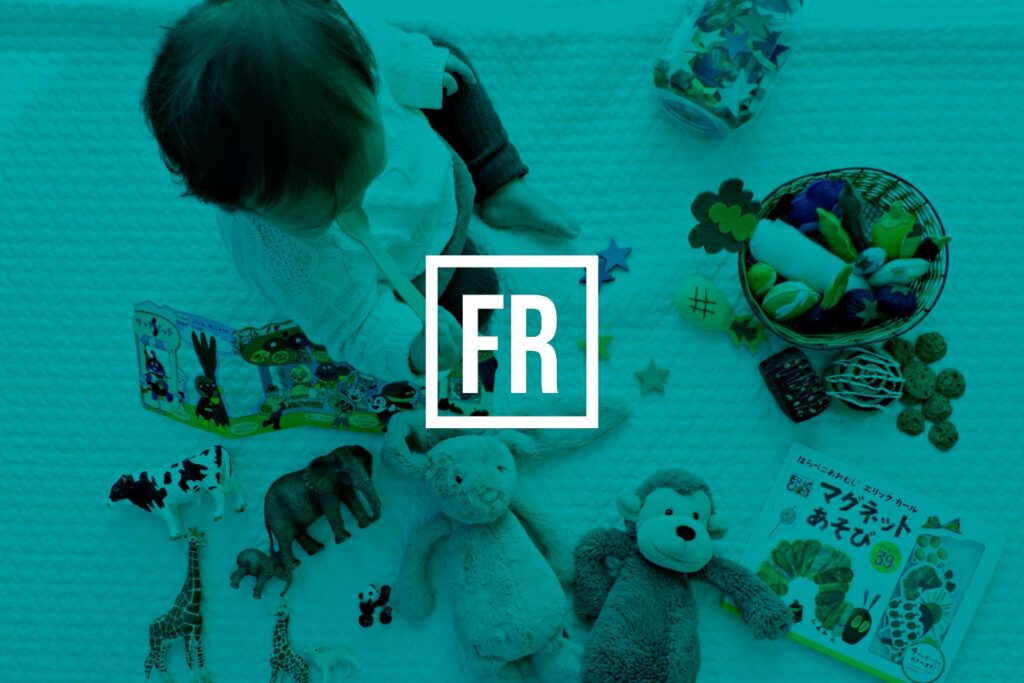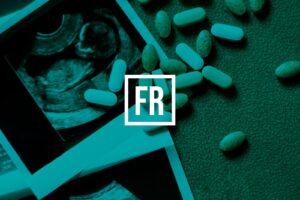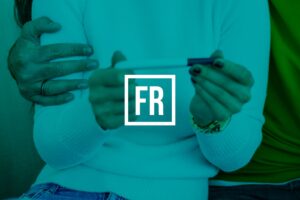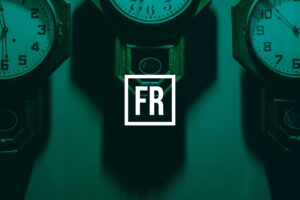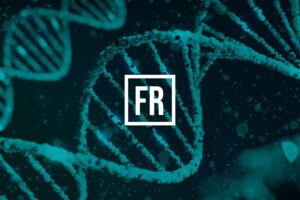Here at Fertility Road, we understand how vital it is to hear the male point of view of those on the sperm donor route. I’m extremely grateful to Chris Green for sharing his inspirational story.
Clare: Chris, thank you so much for talking to us at Fertility Road. To begin, when were you first aware of potential fertility issues and how did you feel?
Chris: Looking back to my twenties, when I suffered concurrent illnesses linked to my hormones, I was made aware that my fertility may be at risk. I was diagnosed with small testes, hypothyroidism and low testosterone. This led to low mood and lack of energy. I found this frustrating at the time as I was otherwise fit, enjoyed sports and keeping fit.
It was later in life, in my early thirties that I was diagnosed with undescended testes. This was a shock to me. Friends asked me at the time how I didn’t know that my testes were undescended but you only have your own point of reference. I did however, feel let down by the doctors who I’d seen in my teens and twenties. I couldn’t understand how this diagnosis hadn’t been picked up earlier.
I went on to have three operations: Two operations to descend each testes and the third procedure was a biopsy on the testes to determine whether any sperm could be retrieved. Sadly, this final procedure was unsuccessful and I was diagnosed as Azoospermic.
Clare: When did you first begin to consider the sperm donor route?
Chris: When I met my wife, Asta I was very open about my fertility issues. Asta was incredibly understanding. She supported me throughout the three operations which led to my Azoospermic diagnosis. Being a doctor herself Asta had a different level of compassion for health problems than the average person may have done. After the initial shock of being diagnosed as Azoospermic, I think I clicked into that ‘bravery’ mode that human conditioning/society often expects of us. Mentally, I was quick to move on to the ‘next steps’ stage of considering our fertility options. Looking back, I didn’t allow myself to process the grief and emotions involved. I’d always seen myself as a father someday and felt at this point that this had been taken away from me. I felt a huge weight due to the societal expectation of masculinity and being able to provide sperm to create my family. Approx three months after the diagnosis, I broke down sobbing. It took both myself and Asta by surprise. I realise now that it was an essential release of all the upset and emotional turmoil. Whilst I felt enormous grief, it was a challenge to work out exactly what I was grieving for. I wasn’t grieving for lost sperm. I was grieving for that concept of masculinity – for the ability to ‘pass on my genes’.
Clare: How did you come to terms psychologically with taking the sperm donor route?
Chris: I am very lucky to have a close relationship with my family and friends. However, being ‘open’ is not necessarily an innate quality. Being open is a skill I have learnt. I have also learnt over the years to be self-reflective. These acquired skills have helped me to talk about my situation – with my wife, my family and my friends. I also sought help and support from the Donor Conception Network (DCN). I connected with a father through the DCN who also created his family with the help of sperm donation.
He was able to talk me through every stage of the process, sharing his knowledge of what to expect and how to deal with it. He was incredibly supportive. That experience with him, as well as with the DCN led me to volunteering with the charity.
Clare: Having reached the decision to take the sperm donor route, what was involved?
Chris: My wife and I knew that taking the sperm donor route would involve an IVF cycle. We decided on the Assisted Conception Unit (ACU) at Guy’s Hospital, London. I had had previous Urology appointments at ACU so we felt that it was in some ways a familiar setting to us.
The first step was to select a sperm bank/donor. We were presented with sperm bank options that fulfilled the strict UK regulations. We ended up choosing a sperm donor from a US-based sperm bank. Initially the breadth of criteria seemed overwhelming. It’s easy to get caught up with obsessing over every detail. It’s also easy to end up spending a fortune trying to discover as much as possible about prospective donors. Some sperm banks even offer recordings of the donors’ voices! We found the most important thing at this stage was to remind ourselves that, sadly, these elements were being monetized and were inconsequential to the genetic outcomes, as they all had such a small likelihood of manifesting. Emotionally and psychologically, selecting the sperm donor was one of the most challenging stages of treatment – for both myself and my wife. I was mindful throughout of the emotional strain on Asta as well as myself. Remaining open with each other and supporting each other was imperative. Asta really is the strongest person I know, and this stage tested that almost more than any other. She passed the test, by the way…
We discovered that obsessing over every detail was making the process of selecting a sperm donor more confusing. We also didn’t want to end up feeling manipulated by what can be a monetized information hunt. So, we scaled back our approach. We focused on four key criteria that best reflected me: blue eyes, red hair, height (over 6ft) and an outgoing personality.
Having selected our sperm donor profile, we entered a weirdly ‘transactional’ stage. We ‘put in our order’, the sperm sample was removed from storage in the US and flown to the UK. I can remember thinking that such a momentous moment in our lives might have been treated with more reverence. But in reality, it was a logistical stage of treatment that was more about chasing a shipment and ensuring safe and timely delivery. It was honestly little different from waiting on your Amazon delivery! Happily, our first round of IVF with the sperm donor sample worked. Our beautiful son was born in November 2020. We also have one frozen embryo so there’s a future opportunity to try for a sibling for him in the future if we both decide to do that.
Clare: How did you feel when you discovered that the sperm donor IVF cycle had worked and that Asta was pregnant?
Chris: I honestly felt a combination of elation and unbridled fear! What really helped is that DCN put us in touch with the aforementioned couple who already had children via sperm donation. They were able to help us plan how we would talk to our future child about his conception. The DCN offer fantastic resources to help with the use of language. Getting into positive, early habits with language is a huge factor in making everything feel typical, especially for the parents! Talking to your baby right from the beginning about their origins, helps normalize the language way before their understanding kicks in. It also helps you gain confidence talking about it. I also felt enormously proud of my wife, Asta. She’s the most courageous person I know and handled the entire experience with dignity and grace.
Clare: Did you pursue any counselling at any point?
Chris: Although we had some limited counselling during our IVF/Donor treatment at the ACU, the Donor Conception Network (DCN) were so fantastically supportive that we didn’t need to look anywhere else once our son was born. DCN offers excellent tools for every stage of the donor route – before, during and after. In fact, my experience with DCN has been so transformative that I now volunteer in running one of their ‘MEN ONLY’ meetings in South London. Having successfully travelled the sperm donor route, I feel that I want to ‘give back’ and help others on their journeys.
Clare: If you were to share one piece of advice with men considering taking the sperm donor route, what would that be?
Chris: Talk about it in a safe space with men who understand. Find a group of men facing the same situation, go into that room and sit down. Even if you just go there to listen initially. You’ll be surprised at how quickly you start to talk and share your concerns and feelings should you want to. You can find details of the DCN ‘MEN ONLY’ Chat Rooms and Groups at: www.dcnetwork.org
